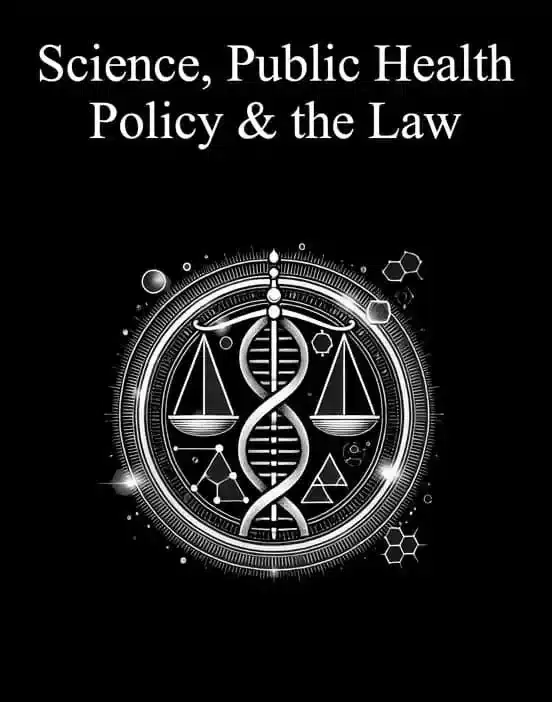Lipid Nanoparticles: Exposure Risks and Biological Implications
Matthew Halma, Jessica Rose, Peter A. McCullough

Exposure to lipid nanoparticles, modified mRNA, adenoviral DNA, or spike protein from COVID-19 vaccines—either directly or indirectly, such as through blood transfusions—may pose risks to human health. Known blood-related side effects from COVID-19 vaccines include conditions like haemolysis, immune thrombocytopenia, and other blood disorders. Concerns about potential cardiovascular harm and the distribution of vaccine components in the body have prompted further research.
Evidence suggests that vaccine components may also affect people through secondary exposure routes, such as blood transfusions, organ transplants, and breastfeeding. For example, individuals receiving blood from vaccinated donors who experienced vaccine-induced clotting issues could be at risk. This analysis reviews reports from pharmacovigilance databases, case studies, and research on organ transplants, finding possible safety signals for such secondary exposures. This warrants more in-depth investigation to better understand and address these potential risks.


